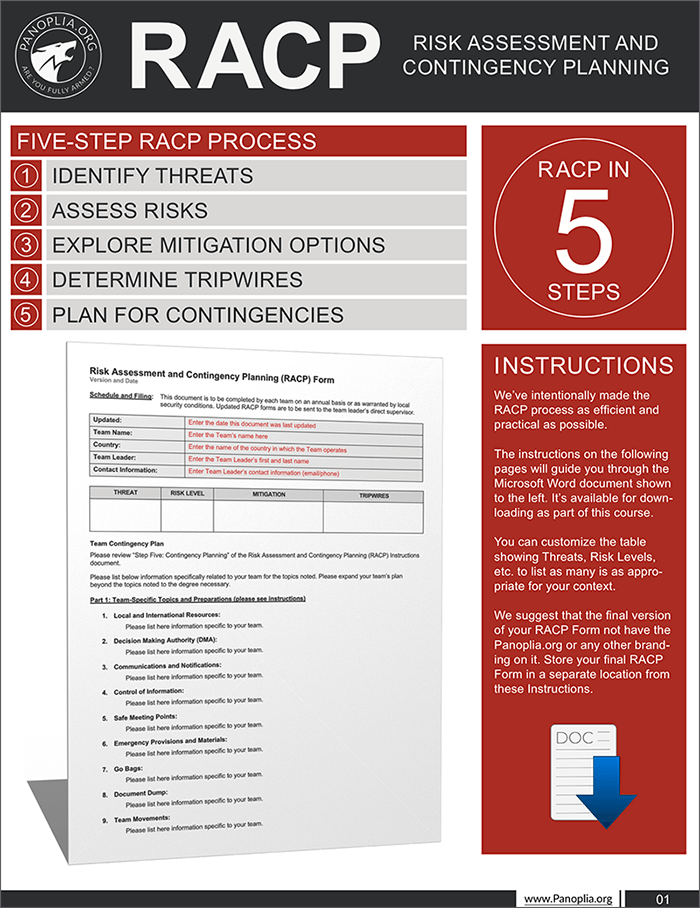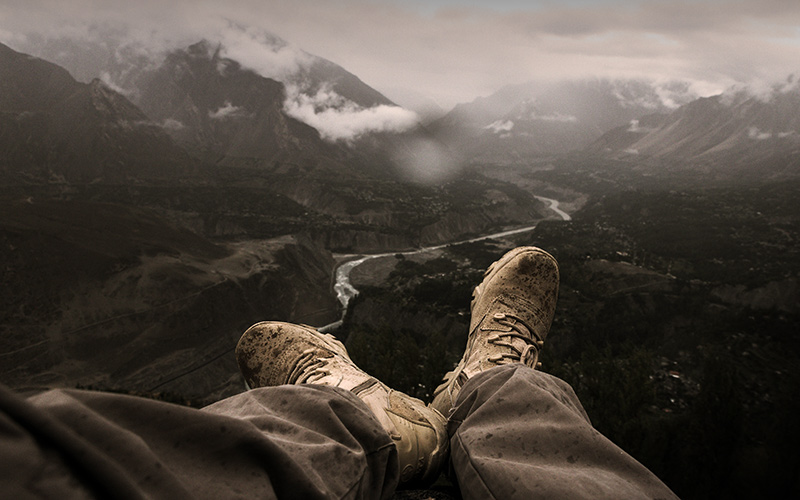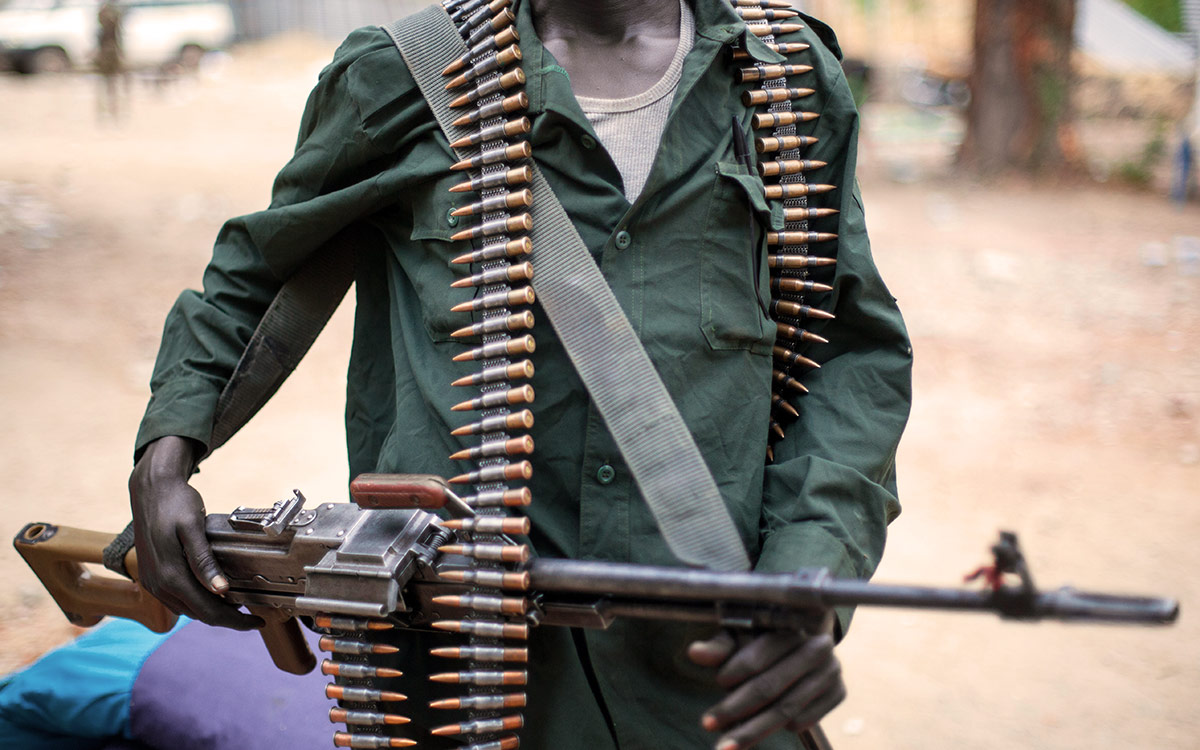Thinking through possible worst-case scenarios is an important part of being prepared. Yet let’s face it, few in the West have had to live through civil war on their doorstep or a situation in which armed groups were advancing toward their residence. This recently took place for individuals living overseas whom we are tasked with training and advising on security issues. This accounts for our lack of posting articles for the last ten days or so. It’s been a wild time.

When Signal, email, and various other means of communication suddenly come alive with warnings, calls for assistance, and leaders wanting to know what’s happening, everything else gets set aside. This is the time for calm, quick thinking, clear and carefully-considered secure communication, the implementation of prior planning, and very little sleep or rest.
Such situations tend to unfold quickly. They may last a few days, or for much longer. They necessitate a very high degree of situational awareness on the ground, and a surprisingly similar degree of heightened awareness for those advising from afar. This can be exhausting for everyone involved. It’s at such times that individuals get to know one another on a level that’s not otherwise possible.
For obvious reasons we can’t go into detail about what happened recently. Yet the way in which events and the responses unfolded is very instructive.

We’ve mentioned the importance of Risk Assessment and Contingency Planning (RACP) in previous posts. To review these, simply go to Panoplia.org, click on “Latest Posts” on the top navigation bar, and then enter RACP into the Keyword Search box.
The remarkable thing about the most recent international security emergency is the way that the teams involved had prepared. As the result of outstanding leadership, everyone had updated and reviewed their RACP documents and plans a month or so before what took place. They had their communication redundancies operational and in place, and knew their safe meeting locations and whom to contact and when. It was incredible to see things work just as prior planning had anticipated.
It’s unusual for things to go exactly according to plan in the midst of a security emergency. And yet, having plans in place based on experience and taking into account a number of scenarios is critical. This allows for the best chance for things to unfold well when “Stuff Hits The Fan (SHTF),” or when war comes to your door.
If you’re not familiar with the Risk Assessment and Contingency Planning process, we strongly urge you to take our Panoplia.org Soft Skills and Tactics (SST) online course. You can do so by clicking here. The SST course is divided into three parts: Preparation, Navigation, and Confrontation. The overall goal is to help teams and individuals prepare for the worst, know how to navigate life during very challenging times in order to avoid confrontation and thus have the best chance of achieving their operational objectives, and knowing how to handle themselves if confrontation becomes unavoidable.
Some take 9-12 hours in one sitting to work through the SST course. Others carefully review one of the 45 subject area topics a day, and thus take almost two months to work their way through. No matter how you take the course, it’s critical that you apply what you’ve learned.
Application of knowledge is often the difference between teams that have the best chance of working well through a security crisis, and those that fall to pieces. Knowledge without application is little better than not having knowledge or training at all. Seeing this workout real-time involving real people in life and death situations recently drove this point home to us. We hope you’ll be able to learn as we did that training, preparation, and application are key to having the best chance to thrive during a crisis or widespread conflict.
One thing that enhances training, preparation, and application is experience. We’ve been through numerous international security incidents ourselves, as have numerous members of Panoplia.org. Each one would likely tell you that learning from the experiences of others is the next best thing to learning firsthand. We encourage you to learn from the teams that just made it through a crisis situation so well, and who did so in large measure by application of their prior training, planning, and preparation.
What took place recently is one of two international emergency situations involving teams in areas of widespread conflict over the past four months. There have been many over the years, and unfortunately others are likely to take place in the future. Let’s do our best to learn from the experiences of those who’ve struggled during such times, and also from those who’ve handled things very well when reality strikes and when war comes to one’s door.





0 Comments